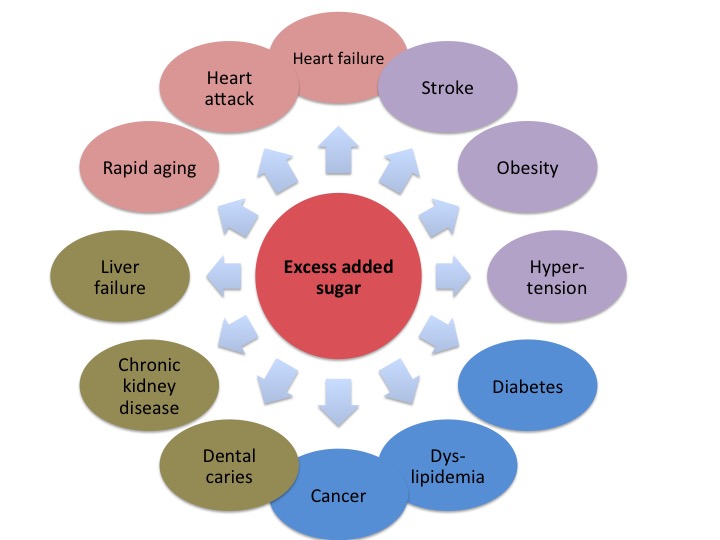
# When Standard Treatment Might Be More Detrimental Than Beneficial: The Situation with Beta Blockers and Depression
Picture a situation where you take a drug that may not benefit your heart but could adversely affect your mental well-being. This situation is becoming increasingly common for many heart attack survivors, as highlighted by recent research from Sweden. For many years, beta blockers have been routinely prescribed to patients after heart attacks, irrespective of their specific heart function. Nevertheless, innovative research from Uppsala University indicates that this long-standing methodology may be causing more harm than good for some patients, instigating depression in those with normal heart pumping ability.
## The Growing Skepticism About Beta Blockers
Beta blockers are medications designed to decrease heart rate and lower blood pressure by inhibiting adrenaline’s effects. These drugs are typically administered following a myocardial infarction (heart attack) to avert subsequent cardiac incidents. However, according to **Philip Leissner**, a doctoral student specializing in cardiac psychology and the lead author of the study, beta blockers may not provide the same protective advantages for every individual. “We discovered that beta blockers resulted in slightly elevated levels of depressive symptoms in patients who had experienced a heart attack but were not in heart failure,” states Leissner. “Simultaneously, beta blockers do not serve a life-preserving role for this demographic.”
Leissner’s conclusions form part of a broader exploration that challenges the automatic prescribing of beta blockers post-heart attack, particularly for patients whose hearts retain the ability to effectively pump blood (known as preserved left ventricular function).
## A Five-Year Quest for Understanding
Commencing in 2018, the research team from Uppsala monitored a group of **806 heart attack survivors** with normal heart function through 2023. For the purposes of the study, half of the participants received beta blockers, while the other half did not. The results were striking: those on beta blockers exhibited increased depressive symptoms. These results bolster previous doubts raised by a 2024 Swedish study featured in the [*New England Journal of Medicine*](https://www.nejm.org/doi/full/10.1056/NEJMoa2401479), which found that beta blockers did not provide significant protection against future heart attacks or mortality in patients with normal heart function.
## Statistics Reveal the Situation
The psychological impact of beta blockers became evident early in the study. Initially, the research indicated that **27%** of participants displayed anxiety symptoms, while **14%** exhibited early signs of possible depression. Alarmingly, the approximately **100 patients** who were already on beta blockers at the start of the study showed more pronounced depression symptoms than those who were not.
“Historically, most doctors prescribed beta blockers even to patients without heart failure,” observes Leissner. “However, as the supportive evidence is no longer as robust, this approach needs reevaluation. Some patients seem to be at an increased risk of depression. If the medication doesn’t enhance their heart health, then they’re effectively taking it needlessly and exposing themselves to potential mental health issues.”
## Looking Ahead: An Appeal for Tailored Treatment
The implications are evident: healthcare professionals should reassess the blanket prescription of beta blockers for all heart attack survivors, especially those with preserved heart function. The research underscores the need for transitioning toward more individualized strategies in post-heart attack care. Given the established correlation between beta blocker use and depression incidence, future treatment models might necessitate a careful weighing of risks versus benefits for patients with adequate heart function.
This shift from a universal approach to beta blocker prescribing could ultimately spare thousands of patients from facing unnecessary mental health challenges. “The primary takeaway here isn’t just about the side effects but also about our treatment philosophy as a whole,” Leissner contends. “It’s crucial to reconsider the necessity of administering beta blockers to each heart attack survivor without duly evaluating their specific heart condition.”
### What Lies Ahead in Clinical Practice?
The conventional use of beta blockers has long been endorsed by extensive randomized clinical trials, but these recent findings serve as a reminder that medical therapies must adapt to emerging evidence. While beta blockers continue to be life-sustaining for patients suffering from heart failure or diminished left ventricular function post-heart attack, this study suggests that those with normal heart function should lead physicians to rethink their medical approach.
Both medical professionals and policymakers need to critically evaluate these findings. Future steps are likely to include additional clinical research to confirm these results across broader and more varied populations, but one thing is certain: personalized medicine may be key to improving outcomes for heart attack survivors as we move forward.
—
## Glossary
**• Beta blockers:** Drugs that lower heart rate and blood pressure by inhibiting the effects of adrenaline
**• Myocardial infarction (MI):** The clinical term for a heart attack
**• Left ventricular function:** The heart’s capability to effectively pump blood
**• Clinical trial:** A research investigation that assesses the effects of a medical intervention on human subjects
—